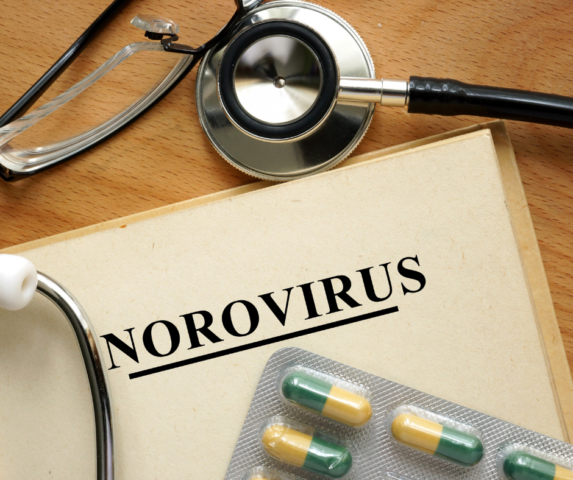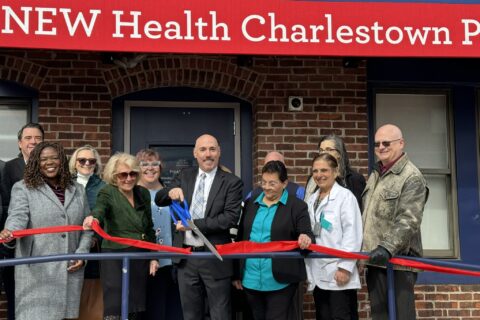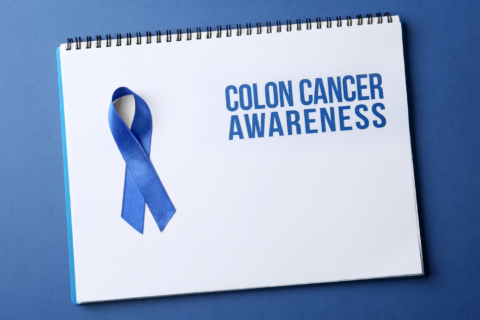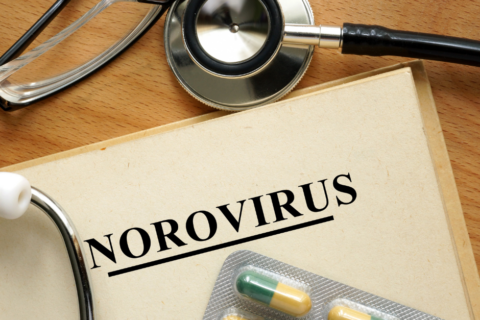By Robin Mahrouk, RN NEW Health Director of Nursing
NEW Health is currently seeing elevated levels of norovirus activity in our communities. We want to make sure our patients and residents know some of the key information to help reduce infection and help those who are experiencing the virus.
What is norovirus?
Every year we see outbreaks of gastrointestinal illness (nausea, vomiting and/or diarrhea) consistent with norovirus infection in our communities. Norovirus is easily spread from person to person. Infected persons are contagious from the start of illness symptoms until several days after symptoms resolve.
How is norovirus spread?
It is spread through the oral-fecal route by ingestion of feces or vomit. This can happen when:
- Having direct contact with someone with norovirus, such as by caring for them, sharing food or eating utensils with them, or eating food handled by them.
- Eating food or drinking liquids that are contaminated with the virus
- Touching surfaces or objects contaminated with the virus and then putting your unwashed fingers in your mouth.
What should I do if I develop symptoms consistent with norovirus?
Employees who develop symptoms of gastrointestinal illness (nausea, vomiting and/or diarrhea) must stay out of work for at least 72 hours after their symptoms are gone—this is a public health requirement. If symptoms develop while at work, notify your manager and go home as soon as possible.
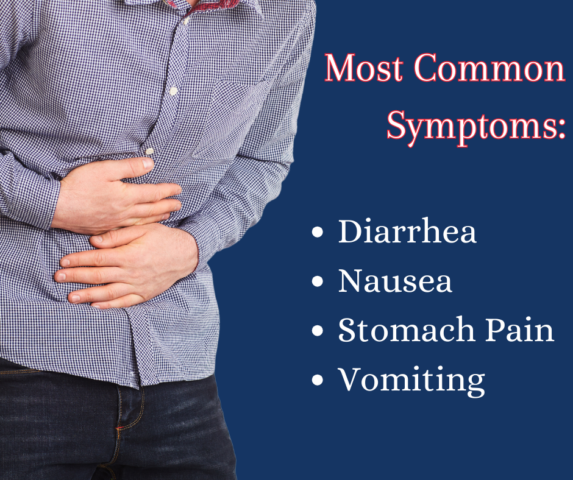
How can I prevent norovirus?
- Hand Hygiene: Wash your hands with soap and water after using the bathroom, before touching foods, and before eating.
- Handle and prepare food safely.
- Avoid sharing homemade foods.
- Strongly consider pre-packaged, individually wrapped food items for meetings, conferences, and parties to further reduce the risk.
For more information, check out the CDC guidelines.

